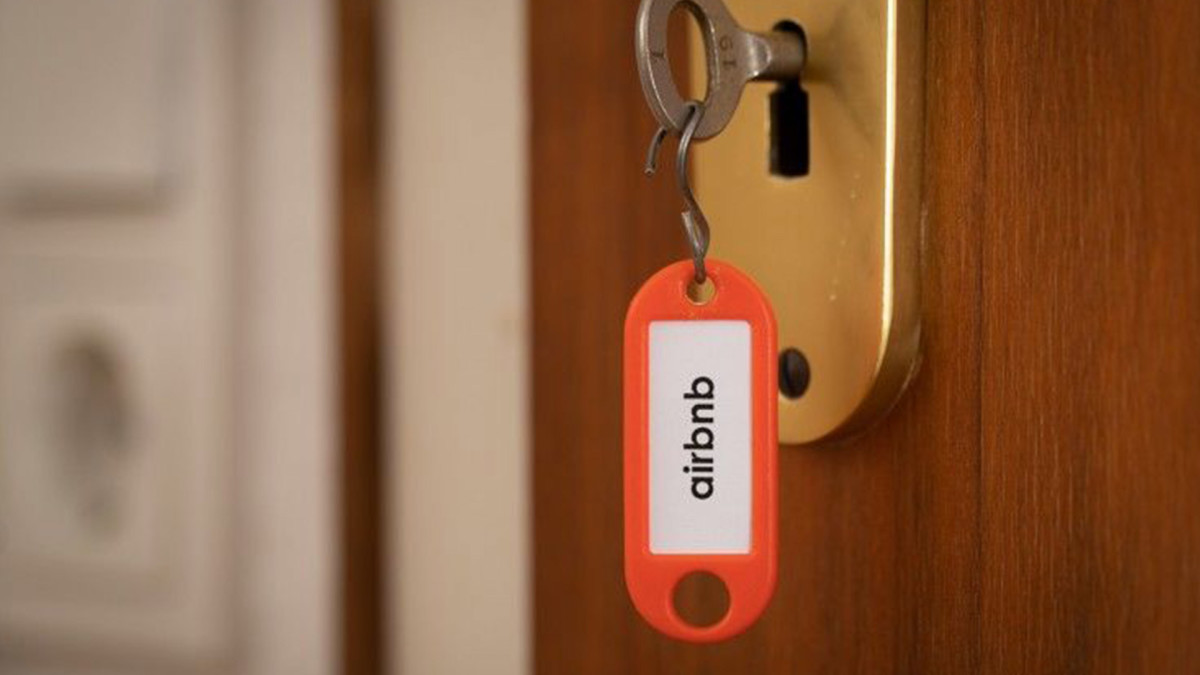
It was only a matter of time before critical mass hit Europe’s city-centered tourism economy. Over 60% of the world’s population will reside in urban areas by 2030, according to the World Health Organization, while an estimated 1.8 billion tourists will cross country borders by the same time period.
Related: Italian banks' bad loans edge lower, but business non-payment complaints improving quickly
Now, civic leaders at some popular European destinations have had enough, and are putting curbs on tourism travel.
In Florence, Italy, legislators are rolling out plans to outlaw short-term rentals, including Airbnb’s (ABNB) -). The new ban is expected to easily pass a Sept. 13 vote and go into law by November.
“We are witnessing a progressive growth in the influx of tourists which has become even more pronounced since the pandemic,” said Florence Mayor Dario Nardella, who also cited the “very important” bill coming out of the city’s legislature.
City officials say the short-term rental ban is necessary to secure Florence’s historic neighborhoods and hopefully reduce rising rental costs.
More Travel:
- A new travel term is taking over the internet (and reaching airlines and hotels)
- The 10 best airline stocks to buy now
- Airlines see a new kind of traveler at the front of the plane
“We are putting a simple ban in the UNESCO area to meet our responsibilities of protecting the cultural and material identity of the centro storico, and to dampen the effect of rent increases across the entire city – which are directly linked to the boom of short-term tourist rentals,” Nardella said.
“We have rolled up our sleeves because for too long we’ve been asking for regulation that never happens,” he added.
Florence is hardly alone.
In Vienna, Austria, a new city mandate bars homeowners from renting out their homes more than 90 days annually. The historic city had established some piece-meal measures to block short-term rentals in some sections Vienna, but the new rule covers the entire metro area.
In Paris, France, city officials will limit homeowners to a 120 day per-year unit rental window. Homeowners who wish to rent their properties will also have to register their property with the city. Paris regulatory agencies will also get more aggressive about tracking down homeowners who exceed the mandated rental schedule and issuing hefty fines.
Get exclusive access to portfolio managers and their proven investing strategies with Real Money Pro. Get started now.







